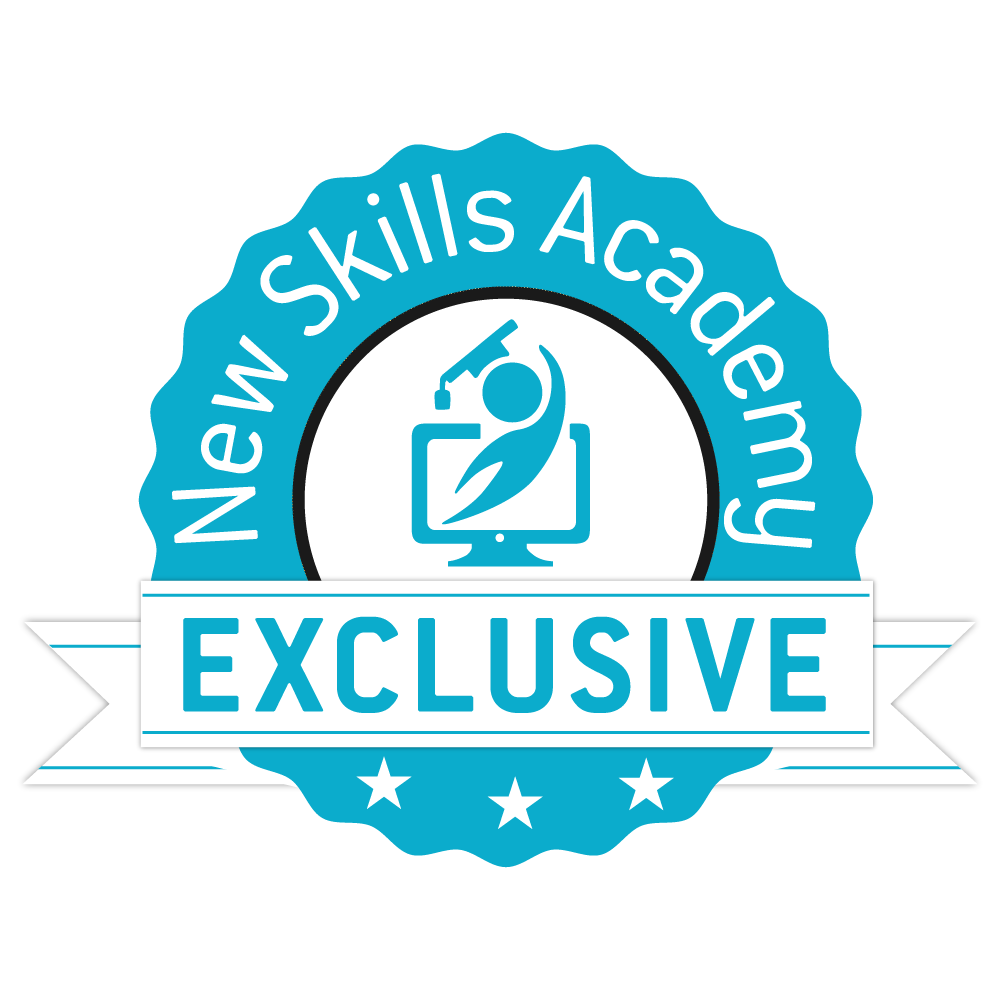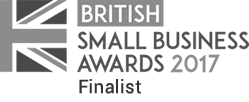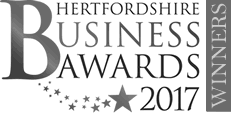Course Details
- Course Code: USFEC18WAB
- Location: Online
- Duration: 15 hours
- Cost:
- Qualification: All modern browsers and devices
Further Details
- Course Access: Lifetime
- Exams Included: Yes
- Compatibility: All major devices and browsers
Approved Course:

Web Applications for Beginners Certification
If you have ever used Netflix, listened to Spotify or purchased goods via Amazon, then you know well the smooth experience of using a web application. In fact, web apps are becoming even more sophisticated and ubiquitous.
A fast growing industry, web app development is driving a demand for quality Web Developers and predictions are that this demand is likely to grow exponentially in the next decade! The time is now to learn to develop applications for the Web and with the huge variety of web technologies and frameworks available, web application development is now easier than ever.
Whether you are excited at the possibility of developing web applications for your commercial or personal needs, you will find this course useful. We have covered the basics of web apps and included tips and example code to get you on your way to your first web application in no time.
In this course we cover the basic elements of web applications including front end, back end, databases and the code needed to connect all of these into a working app. We have included guidelines for application development, outlined the process with its individual stages from feature definition to publishing your app to a web server. Along with that, we cover a lot of frameworks – both for the front end and the back end of your web app that will accelerate the process of development and save you time and stress. We also discuss cutting edge technologies for developing web apps and some latest trends.
By the end of the course you will be familiar with key web technologies including HTML, CSS, JavaScript, AngularJS, MySQL and PHP.
What you will learn:
The aim of the course is to equip you with the knowledge and tools to build your first web application. It is a practical course with code example, coding activities and plenty of guidance material to help you complete them.
You will learn:
- What a web application is and how it works with browsers and servers
- The development methodologies, their differences and the different stages in web app development
- How to define the features, technical requirements and plan your web app project
- What a front end is and the languages used for front end coding
- The most popular JavaScript frameworks and their differences
- What User Interface, User Experience and Material Design are and why they matter
- The difference between relational and non-relational databases and how to create them
- The elements that make up a typical backend and the most popular frameworks
Benefits
There are a number of benefits, which include:
- Comprehensive, practical and easy-to-understand course material
- Example code with broad explanations using HTML, CSS, JavaScript, AngularJS, SQL and PHP coding languages
- End of module activities and a final test which are designed to expand your overall understanding and put what you’ve learned into action
- Can be completed anywhere with an Internet connection.
- Gaining relevant knowledge about an ever-growing industry, which will provide you with practical skills for the workforce.
- Being able to write simple web pages and elements using HTML, CSS and JavaScript at the end of the course
Course Modules/Lessons
Module 1 : Web Applications Overview
- What a web application is and how it works with browsers and servers
- The different types of web applications that one can build for the Web
- The main difference between a website and web application
- The main difference between a traditional software application and a web application
Module 3 : Feature Definition, Wireframing and Planning
- How to start defining the features and technical requirements for your app
- The main questions you need to ask when defining the purpose and audience
- What wireframes are and why they are an important step in web app development
- The purpose of the Unified Modelling Language (UML) and how it can help you create a model flow for your app
Module 4 : Front end basics overview
- What a front end is and the languages used for building front end code
- How you can use the latest version of HTML to create a front end structure using semantic markup tags
- How to define a web app layout using HTML elements
- How to create an external style sheet for the styling code and import it into the HTML document
Module 5 : Choosing a suitable front end framework for your web app
- How to create an external JavaScript file
- How to use JavaScript script tags and functions to add features to your app
- What JavaScript frameworks are and why is it good practice to use them
- Which the most popular JavaScript frameworks are and their differences
Module 6 : User Interface, User Experience and Material Design
- What User Interface is and how it is different from User Experience
- What the basic guidelines for User Interfaces are
- What the key practices are that can help your design look modern and aesthetic
- What a design language is and how it is used by web app designers
Module 7: Data modelling and database using SQL
- What a database is and the three main concepts of entities, attributes and relationships between them
- The two main types of databases based on the type of information you will store in them
- How a relational database works and the concepts of a record, primary and foreign key in the context of a database table
- What normalisation is and why it is important when creating queries to the database
Module 9 : AngularJS Front end Implementation
- How to set up your project folder when starting the front end of a web app
- How to quickly setup a MySQL database and how to fill it with data
- How to use the AngularJS framework to speed up the front end coding process
- How to build the HTML structure of your app and link AngularJS code to HTML elements
Module 10 : PHP Back End Implementation
- How to effectively utilise CSS styles to the front end built with HTML
- What the CSS Box is, including the concepts of borders, padding and margins
- How to create code for the back end using AngularJS and PHP
- How to utilise AngularJS templates and data binding to achieve a near-OOP style
Example Certificate




How online learning can benefit you..
FAQ's
-
Who can take the course?
Anyone who has an interest in gaining a greater understanding of this subject is encouraged to take the course. There are no entry requirements to take the course.
-
What is the structure of the course?
The course is broken down in to individual modules. Each module takes between 30 and 90 minutes on average to study. Although you are free to spend as much or as little time as you feel necessary on each module, simply log in and out of the course at your convenience.
-
Where / when can I study the course?
You can study the course any time you like. Simply log in and out of the web based course as often as you require. The course is compatible with all computers, tablet devices and smart phones so you can even study while on the move!
-
Is there a test at the end of the course?
Once you have completed all of the modules there is a 30 (multiple choice) question test. The questions will be on a range of topics found within the modules. The test, like the course, is online and can be taken a time and location of your choosing.
-
What happens if I fail the test?
If you don’t pass the test first time you will get a second opportunity to take the test again after further study.
-
When will I receive my certificate?
Once you have completed your test you can log in to your account and download / print your certificate any time you need it. If you would prefer us to post you a certificate there will be an admin charge of $16
-
How can I pay?
We use Paypal for all payments on the site. You can either use your Visa, MasterCard ,American Express, Solo cards or PayPal account to pay for the online course. All payments are handled securely by Paypal.
-
Is my payment secure?
As previously mentioned your payment is totally secure. We use the latest ssl encryption for all transactions.
-
How long after payment can I begin the course?
You can begin the course immediately after your payment has been received.
You should receive an email with your log in details as soon as your payment has been accepted. If you don’t get this email please check your junk folder, failing that please contact us for further assistance. -
How long is my certificate valid for?
There is no expiry or renewal fees





















